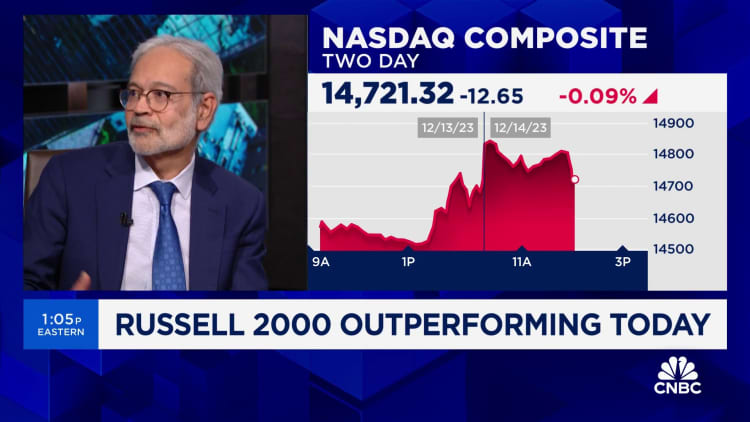A growing number of mutual funds are converting to exchange-traded funds, which is a positive trend for investors, experts say.
Since early 2021, there have been more than 70 mutual fund to ETF conversions, including nearly three dozen in 2023, according to Morningstar Direct, and experts say more conversions are coming.
"It's steadily increasing year-over-year," said Daniel Sotiroff, senior manager research analyst for Morningstar Research Services.
A 2019 change from the Securities and Exchange Commission provided fund managers with more flexibility, which has helped pave the way for mutual fund to ETF conversions, according to Sotiroff.
The conversion itself is tax-free to the investor and switches from actively managed mutual funds, which aim to outperform the market. The primary benefit of the new ETF is more tax efficiency.
"That's a big selling point," Sotiroff said.
Year-end mutual fund capital gains distributions can be a pain point for investors with actively managed mutual funds in brokerage accounts. Those payouts can trigger a sizable tax bill, even when the investor hasn't sold shares.
In 2023, many fund managers realized gains to meet investor redemptions, resulting in double-digit projected payouts for some funds.
The most attractive feature of an ETF is that most don't distribute capital gains at the end of the year.Barry GlassmanFounder and president of Glassman Wealth Services
"The most attractive feature of an ETF is that most don't distribute capital gains at the end of the year," said certified financial planner Barry Glassman, founder and president of Glassman Wealth Services in McLean, Virginia. He is also a member of CNBC's Financial Advisor Council.

Conversions are still 'kind of rare'
Despite the uptick in mutual fund to ETF conversions over the past couple of years, it's still "kind of rare to see," according to CFP Matt Knoll, senior financial planner at The Planning Center in Moline, Illinois.
Sotiroff said conversions have been "relatively smaller" actively managed mutual funds worth around $100 million or less that are more likely to be converted to ETFs.
"You're not seeing a lot of big-name mutual funds turning into ETFs," he said. The exceptions, of course, were Dimensional Funds and JPMorgan conversions.
Future conversions are likely to be smaller, actively managed mutual funds outside of 401(k) accounts, Sotiroff said.





